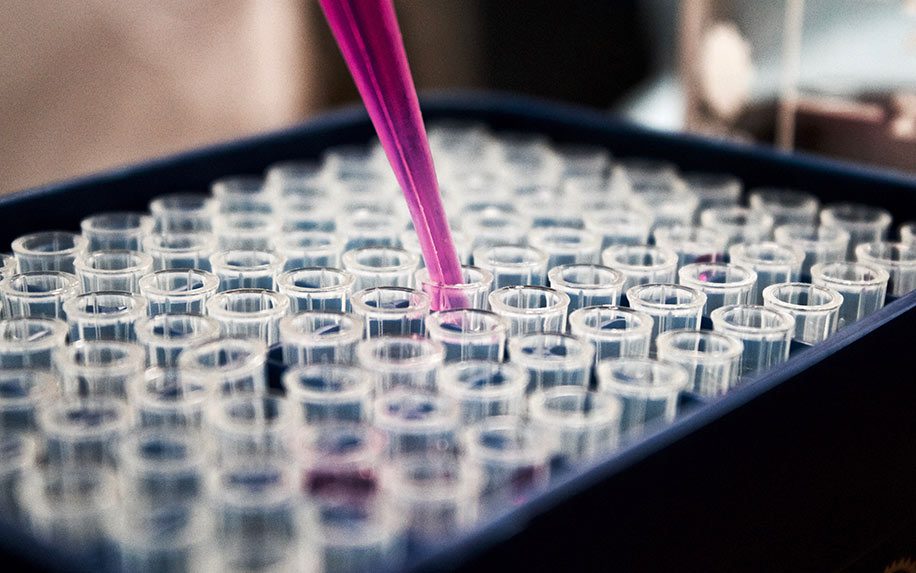For most products, customer trust is vital — and this goes doubly for any health product. Trust is elusive, and with black markets popping up almost instantly alongside the businesses they exploit, the public is understandably sceptical of many products’ purported claims.
Much of the trust in the CBD industry is built on word of mouth. The testimonials of influencers, athletes, and enthusiasts are the bedrock that the CBD industry is built on. This is further reinforced by the gradual shift in the perception of the cannabis plant, which, in less than a decade, has gone from taboo topic to a normalised political talking point.
While these factors are certainly valuable, they can only go so far. Hard, established regulations are a much more reliable way to ensure that an industry sticks to its promises. Every product you encounter has some level of regulation surrounding it. And, whether you’re conscious of it or not, this affects the way you subsequently consume these products.
(A Lack of) Regulation in the CBD Industry
The CBD industry is relatively new and it is growing fast. This presents a problem to traditional regulatory bodies. CBD has grown so fast, diversified so much, and spread so rapidly, few of these bodies have been able to keep up, and this has led to problems for business owners, the consuming public, and the industry itself:
Risks to Businesses
The CBD industry can be a tricky landscape for businesses trying to grow. In some cases — such as in the United States — this is putting CBD entrepreneurs in a precarious position. Last year, CBD cafes across New York had to endure police crack-downs thanks to the fact that the FDA had yet to approve CDB as a food additive. This essentially made CBD coffee — one of the first products to bring CBD to the mainstream — illegal.
Risks to Consumers
Of course, lack of regulation can pose risks to customers too. The growing profits of the CBD industry can be tantalizing to unethical companies who are more than willing to hawk inferior products for a quick buck. In some jurisdictions, this has become such a prevalent problem that the FDA had to issue a statement warning consumers about false claims.
Take, for example, Amazon, one of the world’s biggest online retailers. However, it has been the centre of a CBD controversy. According to their terms of service, Amazon prohibits the sale of CBD products. However, a quick search will yield dozens of results. These products were found to have little to no CBD. Thanks to the lack of regulation protecting customers, these products are more or less free to claim what they want.
Risks to the CBD Industry
Finally, this rampant lack of regulation poses a risk to the CBD industry itself. As we said above, trust is vital for any product, but it is a hard-won value. Inferior products, false claims, and besieged establishments are black stains on CBD’s reputation. If this is not addressed. Then it is simply a matter of time until customers start abandoning the industry, disillusioned and distrustful. If this were to happen, it could set the CBD industry back years.
How to Make Sure That CBD Products are Safe
The CBD industry has reacted by setting up their own regulatory alliances and mutually agreed-upon seals of approval. These are valid steps towards a more responsible industry. However, remember what we keep saying about trust? It’s safe to assume that anyone sceptical of the industry will also be somewhat sceptical of these measures.
Again, this is understandable, a seal of approval can be mocked-up by anyone. What gives it its weight, however, is the body it is attributed to. That is why some CBD companies are going the extra mile and reaching outside of their industry for an impartial eye.
Third Party Lab Testing on CBD Products
Third-party testing labs are operated by agents with no affiliation with the CBD industry. The idea is that you can trust them because they have no skin in the game, their function is to simply communicate the facts as they come across them. Thanks to the independent nature of these laboratories, it should be virtually impossible for CBD manufacturers to tamper with the results, adding yet another layer of credibility.
An independent laboratory isolates and tests the compounds found in CBD oil or any other CBD product. This allows them to put a quantifiable number onto the levels of THC and CBD in the product. This is particularly important for customers who wish to be careful about their dosages.
Labs can do much more than this, however. They also test for the levels of heavy metals, pesticides, and other toxins that may be present in a product. Hemp is notoriously good at absorbing anything it comes into contact with as it grows. These tests can ensure that a CBD manufacturer is cultivating their product in a safe and clean environment.
What Does A Lab Test Look Like?
Laboratory tests are extremely rigorous. Every aspect of the product is broken down and analysed.
Potency testing measures the active cannabinoids in a product, allowing users to predict the strength and efficacy of it.
Terpene level testing measures the presence of the part of the hemp plant that produces its distinctive taste and smell
Solvent contamination testing is of particular importance. Many CBD oil products are created through an extraction process that uses solvents, and this test indicates how carefully controlled that process is.
Pesticide and Heavy Metal Testing as we mentioned above, hemp is notorious for its ability to absorb the qualities of the soil it is cultivated in. While this has many, many beneficial uses, it can also lead to dangerous contamination if it isn’t grown in safe conditions.

